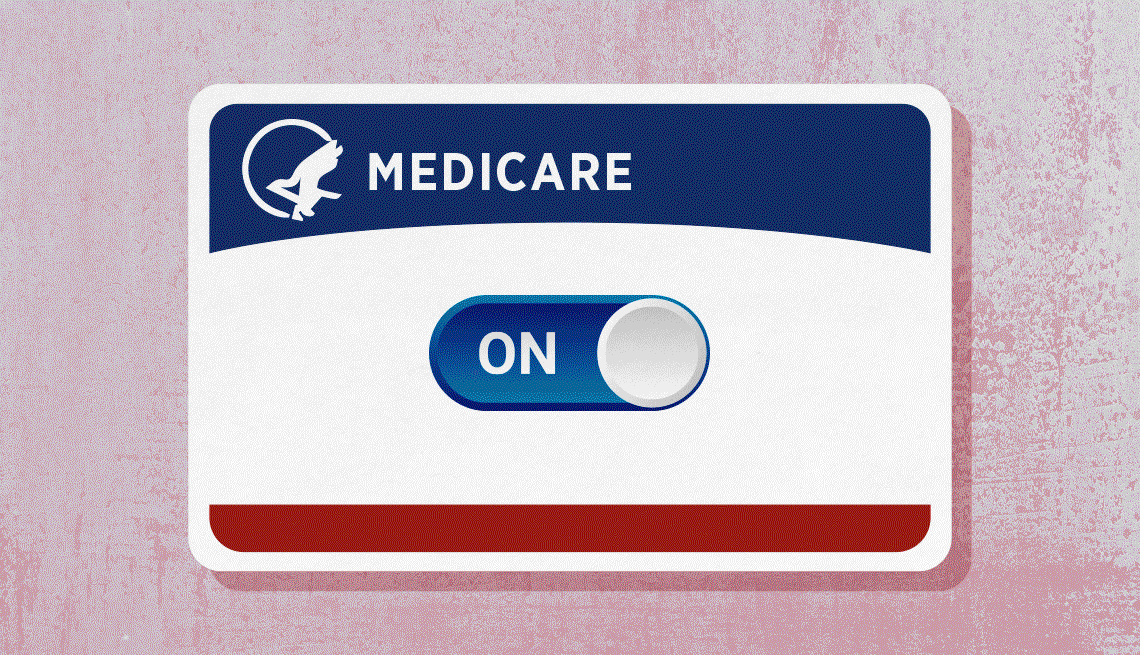AARP Hearing Center


Key takeaways
- The usual Medicare benefits aren’t affected.
- Program is safe from budget process. But some delays will occur.
- Online enrollment continues on Social Security website.
- Mailed Medicare replacement cards may be delayed.
- Coverage for most telehealth appointments is halted.
Congress stopped working to avert a government shutdown at the end of the federal fiscal year, ensuring an impasse of uncertain duration that began Oct. 1.
Congressional Democrats opposed the GOP's proposed short-term fix, calling instead for negotiating on a bill that boosts health care spending to extend Affordable Care Act premium tax credits that expire at the end of 2025.
But older and disabled Americans do have some good news: Your Medicare benefits will not be disrupted.
Medicare doesn’t depend on budget process
Unlike most government services, which rely on Congress to appropriate money for them to operate each year, some vital programs, such as Medicare and Social Security, are paid for under a category called “mandatory spending.”
That means the nearly 70 million Americans who get their health care through Medicare can still go to the doctor, get hospital care and fill their prescriptions for medications without interruption, even when regular federal spending lapses.
But about half the agency’s staff is on leave
Yet Medicare beneficiaries could face some lag in services.
A new 2025 shutdown plan for the Centers for Medicare & Medicaid Services (CMS) says a little less than half of the agency’s staff are being furloughed.
Fewer workers mean people who need help from a Medicare representative could, for example, encounter longer wait times when contacting the Medicare hotline at 800-633-4227, even though it will continue to operate. In addition, providers waiting for payment may see delays, and other administrative services may be curtailed.




































































More From AARP
How Social Security and Medicare Work Together
The Social Security Administration enrolls people in Medicare
Medicare Part B Premium May Top $200 in 2026
Possibility could squeeze finances for older adults on fixed incomes
The Big Choice: Original Medicare vs. Advantage
Which path you take will determine how you get your medical care — and how much it costs
Recommended for You